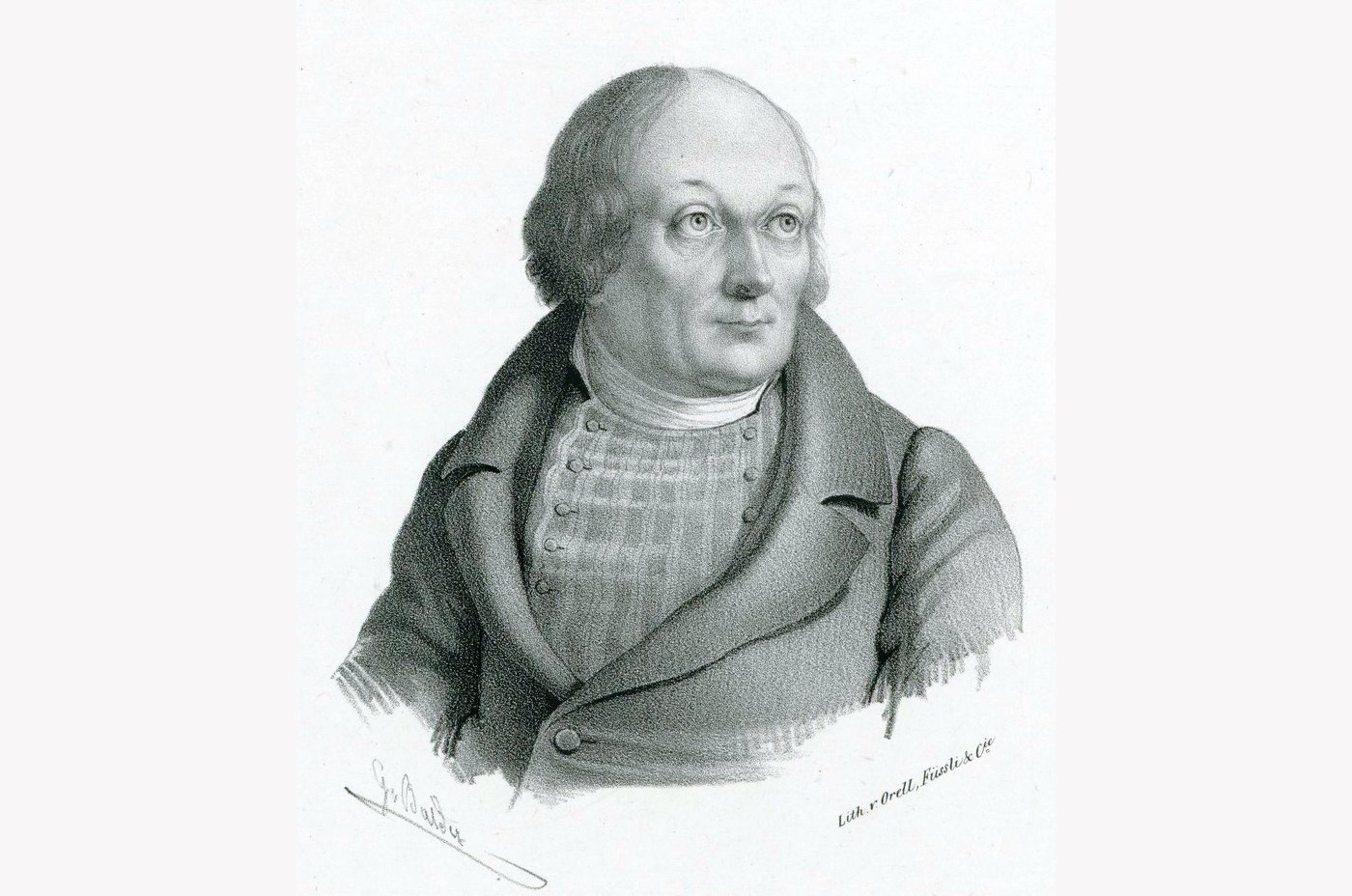Nägeli, the singer's father - what a mistake!
In her book, Miriam Roner shows that the popular image of the versatile Hans Georg Nägeli does not do him justice.

Hans Georg Nägeli (1773-1836) is regarded as a the Swiss singing father. The music world has been confronted with this idea for almost two centuries. The dubiously patriotic attribute was given to him by the Swiss singing associations, creating an image of the bustling Nägeli that does not stand up to serious scrutiny. For many years, people have been waiting for a biography, for a correction to this one-sided, untruthful portrayal of the "pioneer in all alleys".
As part of a National Science Foundation project, the young musicologist Miriam Roner has taken on the almost impossible task of shedding light on the darkness. Her dissertation, which was accepted by the University of Bern in 2016, has now been thoroughly revised and published as a book of over four hundred pages. After just a short read, it becomes clear what a mammoth task lies behind it, because apart from a few lexical articles and commemorative publications, nothing comprehensive exists on Nägeli.
Roner does not present a biography, but it shows impressively how many weddings Nägeli danced at: He was a publisher, ran a music (lending) library, composed popular music, founded and ran a singing institute that was intended to contribute to education according to Pestalozzian rules and also gave girls and women a chance to participate.
This diversity alone shows how comprehensively Nägeli thought. Roner tries to unravel how the "Nägeli system" worked in this thicket. Around 1800, there were no distribution channels, no banks through which payments could be processed. Nägeli therefore developed various procedures: he sold sheet music from French or German publishers as a countertrade for the acceptance of his own works, he ordered scores for sale, as a commission publisher or on a loan basis in order to lend them on to citizens.
Nägeli never received comprehensive training as a musician, composer or businessman. In addition to the Napoleonic wars, it was probably due to this circumstance that he inspired much, but also failed - his publishing house went bankrupt and he sold it to Adolf Hug. The Hug publishing house was born.
Nevertheless, the pioneer Nägeli achieved impressive things, as Roner points out. In the field of education, he systematically introduced young people to music with cleverly structured textbooks, also taking into account the lower classes. It is also often forgotten that Nägeli paid just as much attention to women as he did to men.
The most interesting parts of Roner's research are the second part, which is dedicated to "Nägeli as a music dealer and music publisher", and the third part on the "Sing-Institut". The extensive appendix with a detailed chronicle and a comprehensive index of sources is invaluable. The foundations have been laid for further research and revitalization of this pioneer.

Miriam Roner: Autonomous art as social practice. Hans Georg Nägeli's Theory of Music, 427 p., € 73.00, Franz-Steiner-Verlag, Stuttgart 2020, ISBN 978-3-515-12701-1







